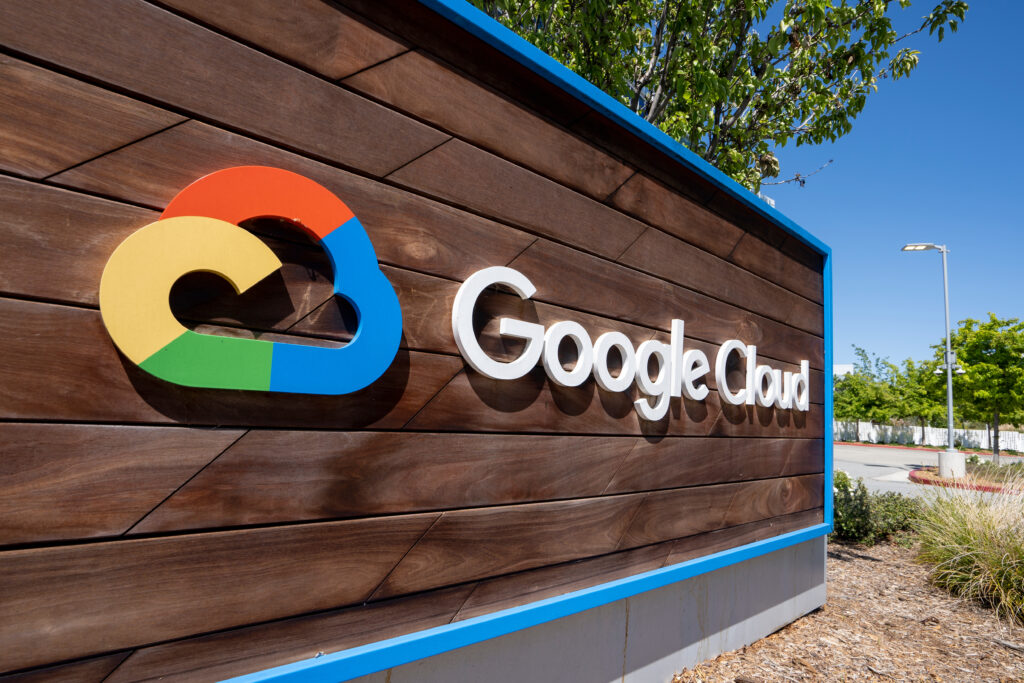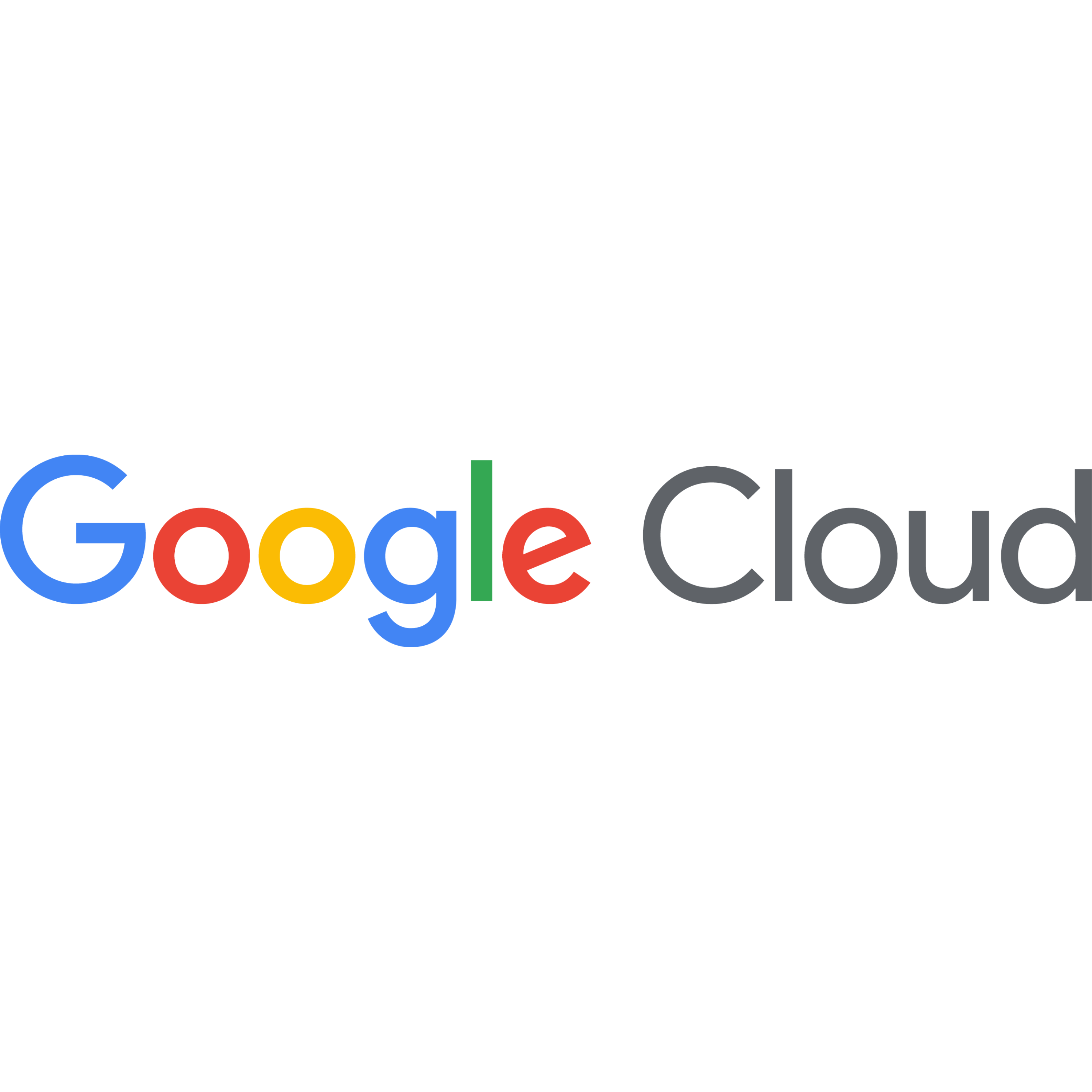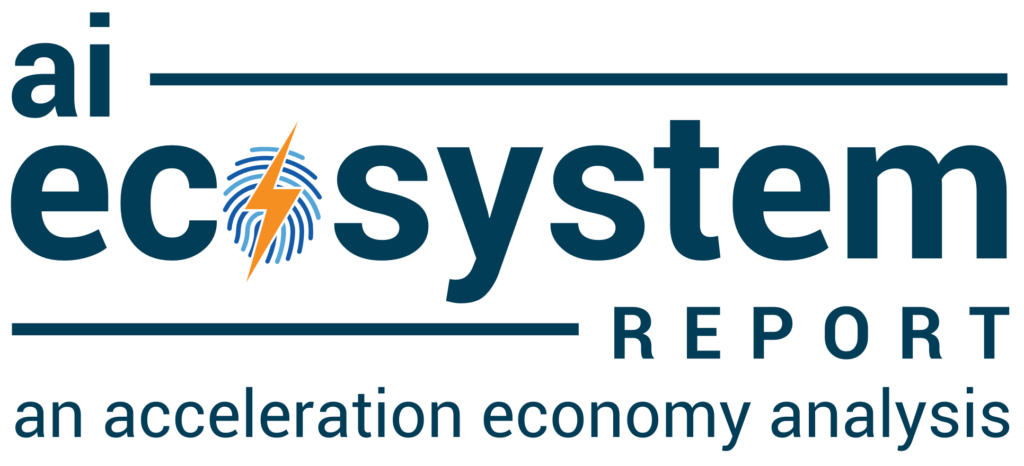
Google Cloud has been a firm fixture on the Cloud Wars Top 10 for several years. Now, as it pushes ahead aggressively with the development and marketing of the latest AI and machine learning (ML) functionality, as well as a series of partnerships that extend its reach, Google Cloud ranks fourth on Acceleration Economy’s AI Ecosystem Top 12 Pioneers.
Company Background
Google Cloud was founded in 2008 following the launch of the App Engine development platform, Google’s first cloud computing service. Since then, the company has grown its cloud offerings to include over 100 services covering diverse use cases ranging from data analytics and developer tools to business intelligence and of course, AI and ML.
Google Cloud’s comprehensive suite of cloud computing services operates on the same infrastructure that Google uses for its best-known products such as Google Search. As well as many back-office cloud services, Google Cloud provides some of Google’s most recognizable user-facing services, such as Google Workspace.
The company began to achieve commercial success around 2015 after the hiring of VMware founder Diane Greene as CEO. However, the company’s current CEO, Thomas Kurian, who has led Google Cloud since 2019, has pushed the company ahead aggressively while transforming it from a predominantly research-based organization to one that is focused on delivering for customers first.
Today, Google Cloud employees constitute a significant proportion of the roughly 180,000 staff at Alphabet, Google’s parent company, and reported that revenue in Q4 jumped 29% to $10.35 billion; operating profit was $1.17 billion.
Here’s a look at Google Cloud’s annual revenue and rate of growth since Kurian became CEO in 2019:
- 2019: $8.92 billion (growth rate unavailable)
- 2020: $13.06 billion, up 46.4%
- 2021: $19.2 billion, up 47%
- 2022: $26.3 billion, up 37%
- 2023: $33.1 billion, up 25.9%
Cloud Wars founder Bob Evans says the most recent quarterly figures make Google Cloud the fastest-growing major cloud provider in large part due to “brilliant execution” by Kurian and his team.

Technology innovations
Vertex AI Studio is one of Google Cloud’s most prominent AI products. This GenAI tool enables users to quickly develop, test, tune, and deploy GenAI models with APIs for leading foundational models and LLMs including Google’s Gemini series, over 40 proprietary models, and more than 80 open-source and third-party options.
Another element of the Vertex AI platform is the Vertex AI Agent Builder. This powerful tool enables users to develop GenAI apps and agents using no-code natural language techniques and ground them in Google Search or enterprise data.
From an AI infrastructure perspective, Google Kubernetes Engine (GKE) provides a single, scalable platform for all of a customer’s AI workloads. It boasts support for 15,000 nodes in a single cluster— an industry-leading figure — while enabling users to choose from a wide range of hardware accelerators for training and inference tasks, and includes an autopilot feature for cluster management.
Perhaps the biggest differentiator in Google Cloud’s AI arsenal is its access to the wider Google technology ecosystem. This includes the comprehensive security functionality, business applications, collaboration tools, and robust infrastructure for which Google is known.
Strategic ecosystem partnerships
Over the past year, Google Cloud has expanded its ecosystem with several new or expanded high-profile partnerships that further its AI endeavors. One of the most significant was the company’s partnership with Anthropic.
In March 2024, Google Cloud announced that Anthropic’s Claude 3 family of models would be available to Google Cloud customers through Vertex AI. Anthropic’s Claude model family is not only robust, but it’s grounded in secure and responsible AI principles, and the addition of these models to Vertex AI was particularly significant.
Google Cloud has also announced an expanded partnership with Workday, which has integrated its low-code app development suite, Workday Extend, with Vertex AI. The integration enables Workday customers utilizing Google’s Gemini multimodal LLMs to access GenAI capabilities.
In another example, Google Cloud expanded its partnership with NVIDIA to bolster the infrastructure it required for ever more scalable AI products. The most significant part of the partnership included the adoption of NVIDIA’s Grace Blackwell AI computing platform and the availability of NVIDIA DGX Cloud service on Google Cloud.
Google Cloud, like Microsoft, has also partnered with Oracle. This, according to Evans, increases customer cloud choices, accelerates customers’ move to the cloud and delivers numerous other benefits. That’s especially noteworthy because the two companies compete in so many other ways while they partner for customer benefit in multi-cloud functionality.
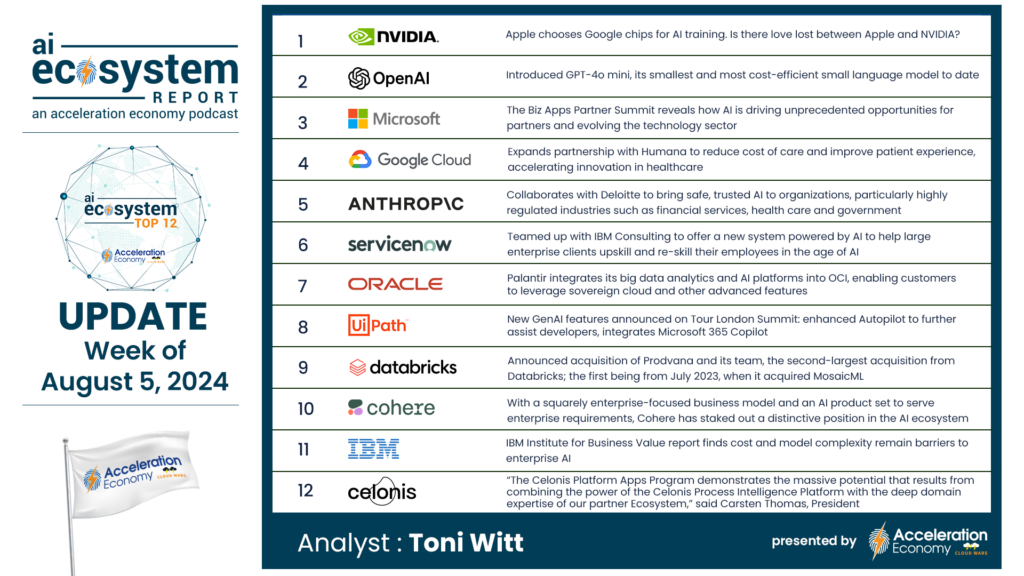
Customer Successes
According to Google Cloud, more than 60% of gen AI startups, nearly 90% of gen AI unicorns, and nearly 60% of the world’s 1,000 largest companies are Google Cloud customers. That’s quite a statistic.
Among this impressive lineup are leading automotive companies including Mercedes-Benz, financial institutions such as Goldman Sachs, and government agencies such as Spain’s Social Security Administration.
One standout example of how Google Cloud has applied AI and other technologies to accelerate customer success is its work with a major Malaysian airline, Air Asia. The company wanted to onboard technologies for cost-effective data capture, processing, analysis, and reporting while minimizing infrastructure management and system administration efforts.
Google Cloud enabled Air Asia to increase employee survey response rates by 30% using AI-powered chatbots while improving safety, scheduling tasks, and employee onboarding. It helped the company transition to a zero-trust security model. It enabled Air Asia to deploy new products and features faster and more often.
“With a minimal number of people involved, we can very quickly transform an idea or thought process into a deliverable. Prior to Google Cloud, bringing those ideas to fruition would have been impossible,” says Lye Kong Wei, Chief of Data Science, Group Head, AirAsia in a Google Cloud case study.
Analyst Take
Since the Thomas Kurian-led shift to focus on the customer, Google Cloud has become not only one of the most important cloud companies but a leader in the AI ecosystem too. Today, Google Cloud is much more than a subsidiary of Google. However, its parent provides it a unique position in the market.
While R&D, partner relationships, strategic decisions, and much more are handled in-house, access to the behemoth that is Google and its ecosystem has accelerated the capabilities of Google Cloud to offer industry-leading AI services and products. Google Cloud is consistently evolving and bringing products to market at the pace customers require in the GenAI era.
Combine this with the capabilities offered by the breadth of Google’s ecosystem — spanning hardware, software, and integration partners — and Google Cloud is a formidable force in the AI ecosystem.
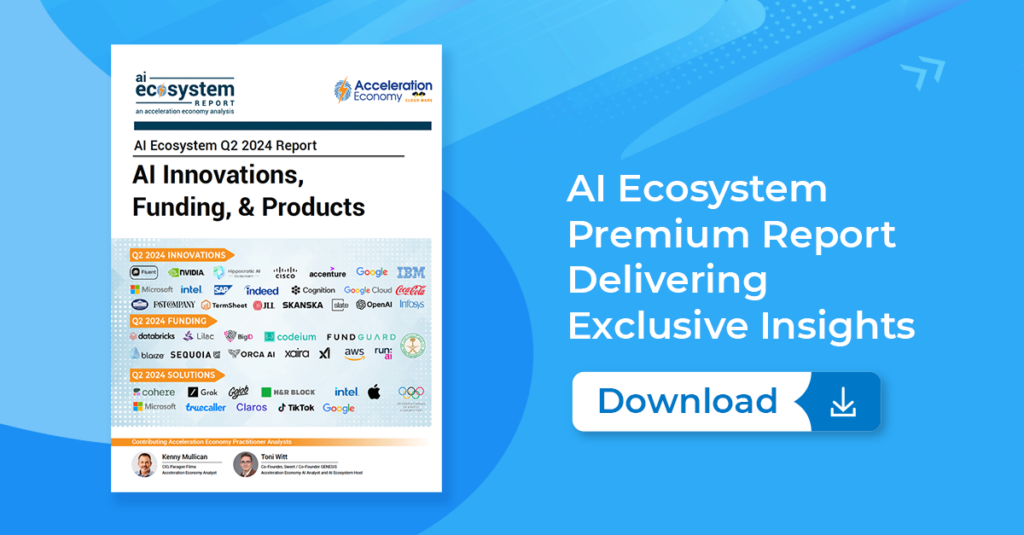
The AI Ecosystem Q2 2024 Report compiles the innovations, funding, and products highlighted in AI Ecosystem Reports from the second quarter of 2024. Download now for perspectives on the companies, innovations, and solutions shaping the future of AI.


